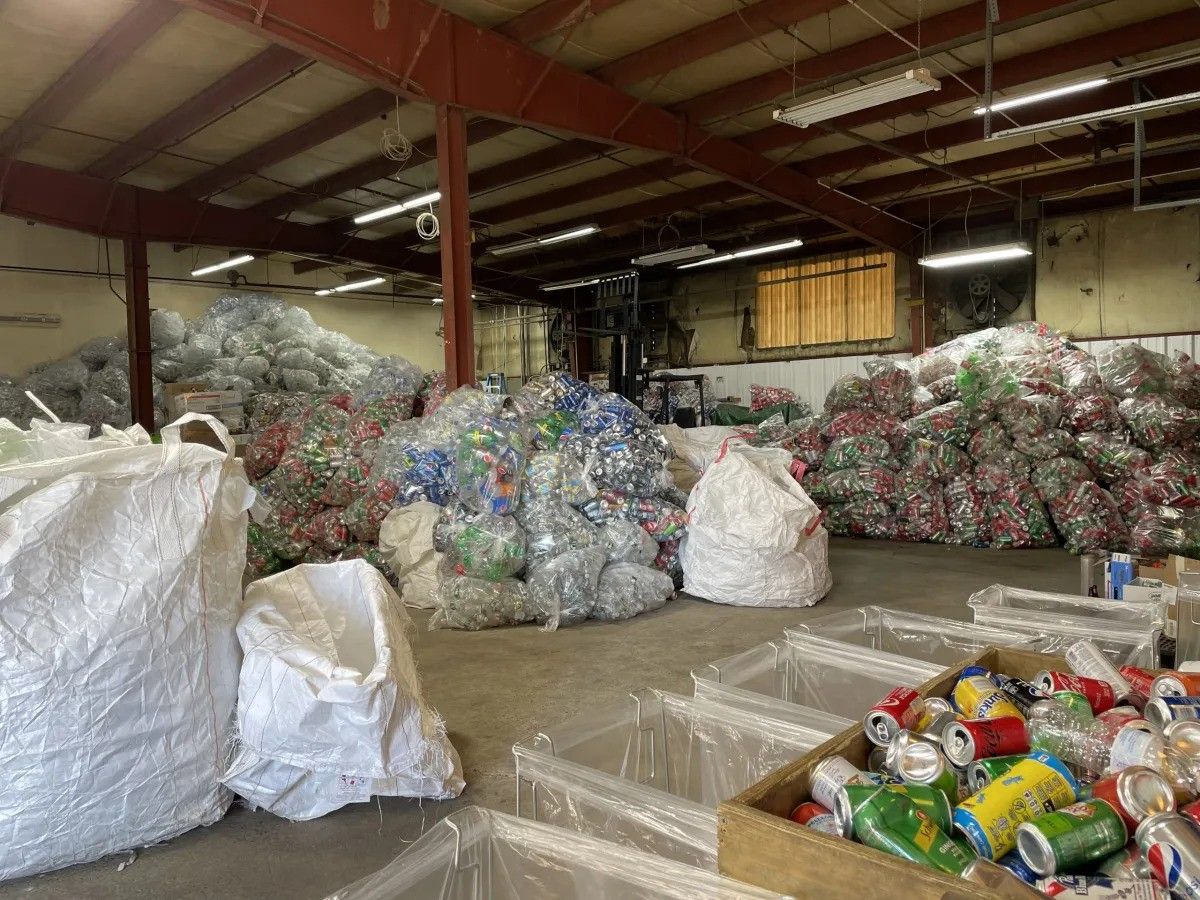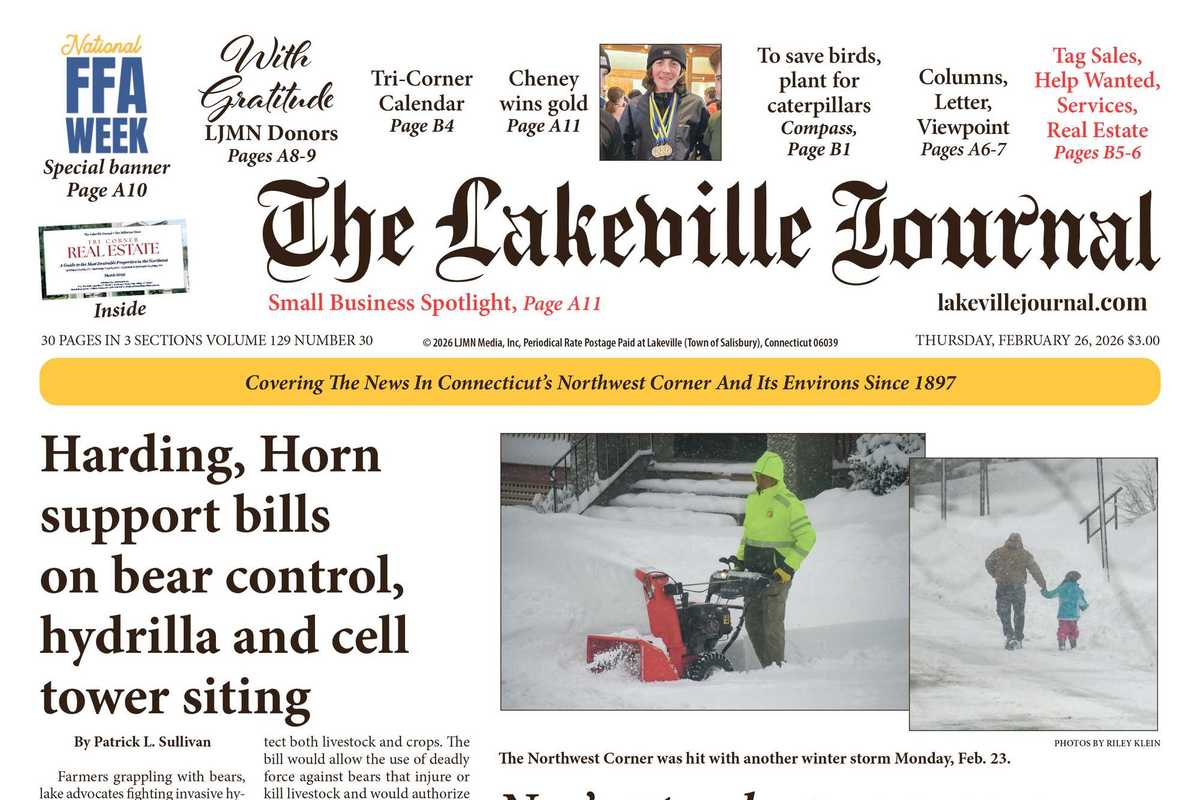CT bottle deposit rate doubles

East Haven Bottle Return is a privately owned universal redemption center. Its staff had been sorting empties by hand, but in June, its owner was awarded grant money for sorting equipment.
Photo by Jan Ellen Spiegel/Ct Mirror


 lakevillejournal.com
lakevillejournal.com 







 Visitors consider Norman Rockwell’s paintings on Civil Rights for Look Magazine, “New Kids in the Neighborhood” (1967) and “The Problem We All Live With” (1963.) L. Tomaino
Visitors consider Norman Rockwell’s paintings on Civil Rights for Look Magazine, “New Kids in the Neighborhood” (1967) and “The Problem We All Live With” (1963.) L. Tomaino





